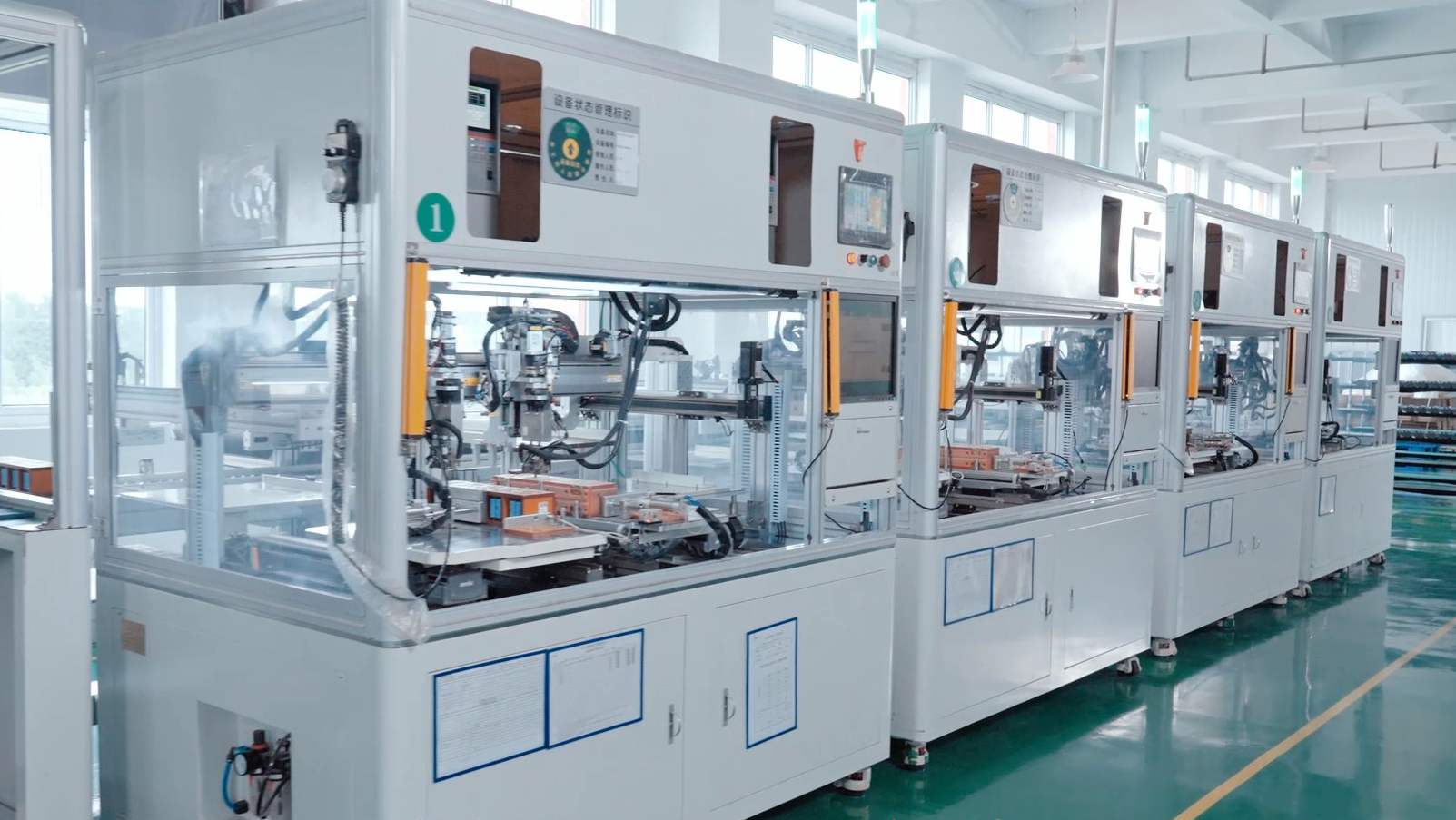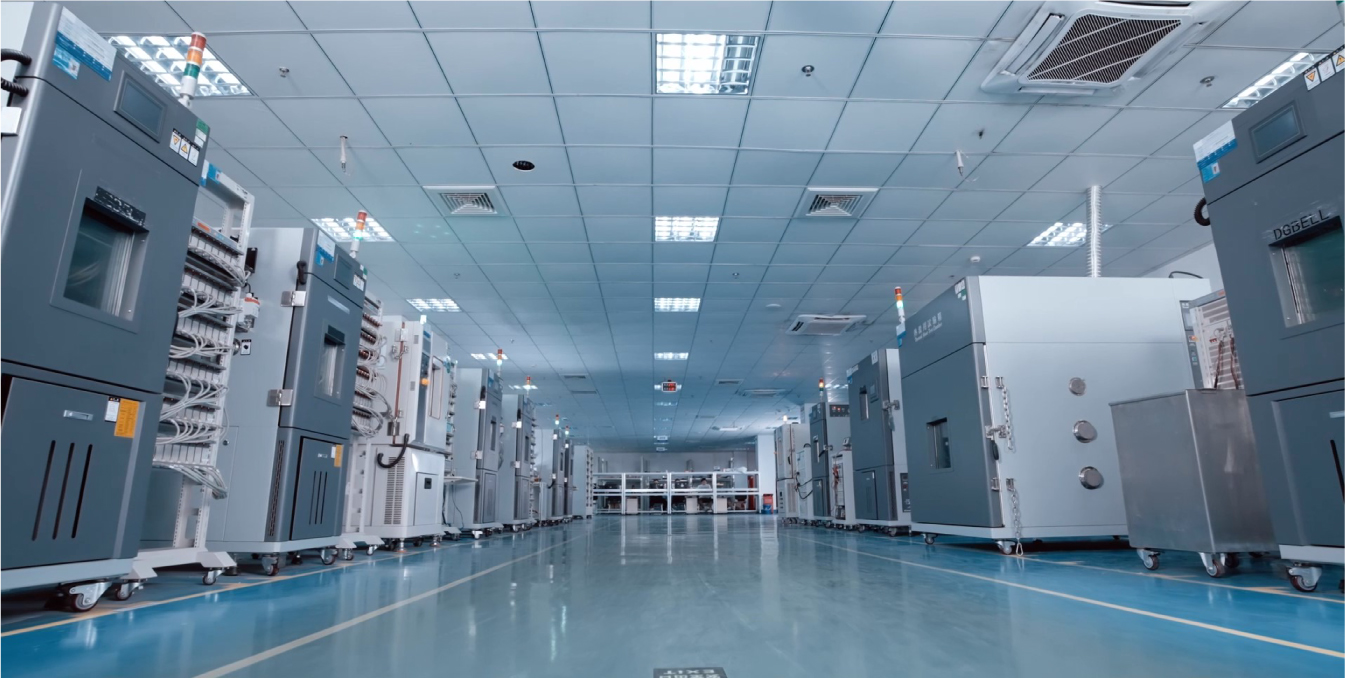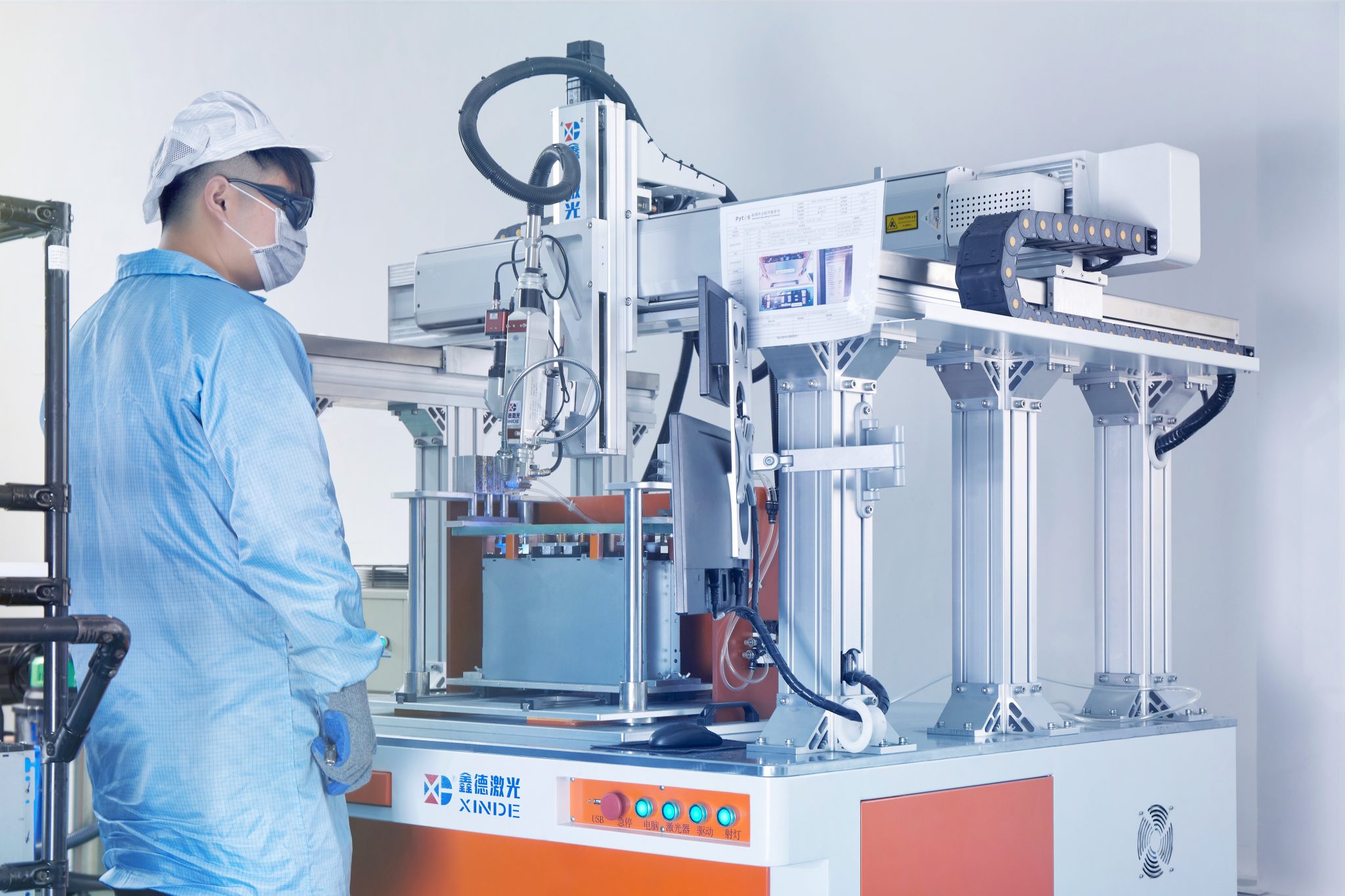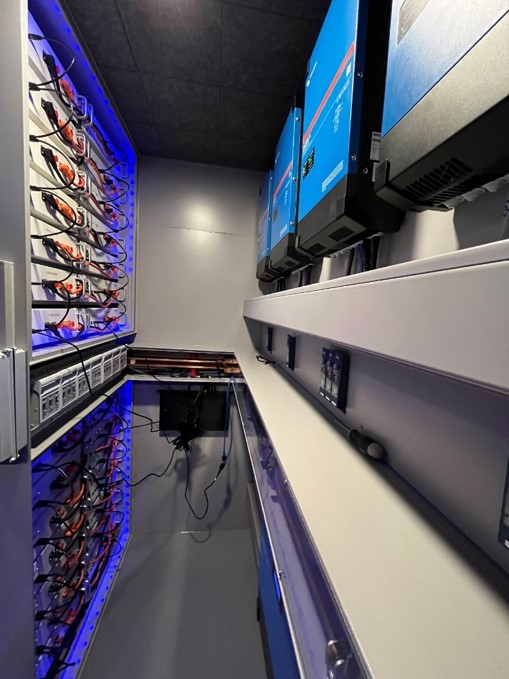Lithium-Ion Battery Storage Solutions & Energy Storage Systems (ESS)
Lithium-ion battery storage solutions and Energy Storage Systems (ESS) play a critical role in modern energy management. These systems help businesses reduce reliance on the grid, improve energy efficiency, and ensure compliance with energy regulations. By integrating advanced battery storage, companies can achieve cost savings and environmental sustainability.

Who Uses Energy Storage Systems (ESS) with Battery Fire Protection?
Energy Storage Systems (ESS) are widely used across various industries that require stable power supply and fire protection measures. Businesses in commercial and industrial sectors, including manufacturing plants, data centers, and healthcare facilities, rely on ESS to ensure uninterrupted operations. These systems also benefit renewable energy providers by storing excess power from solar and wind sources. Battery fire protection is a crucial feature, ensuring compliance with strict safety regulations and minimizing fire risks. With enhanced thermal management, automatic shutdown functions, and smart monitoring, modern ESS solutions provide reliable and safe energy storage for businesses seeking operational efficiency and regulatory compliance.
Energy Storage Systems (ESS) are also increasingly being deployed in smart grids to enhance grid resilience and efficiency. Utility companies integrate these systems to stabilize power fluctuations, manage peak load demands, and prevent blackouts. Additionally, remote and off-grid applications, such as telecom towers and mining operations, utilize ESS to maintain reliable power supply in challenging environments. The ability to store and deploy energy efficiently makes ESS a valuable asset in reducing operational risks and ensuring continuous productivity.
To learn more about how ESS and commercial battery storage can benefit your business, keep reading to discover how these systems maintain compliance, efficiency, and sustainability.
Stay Compliant with Energy Storage Systems or Commercial Battery Storage
Ensuring compliance with energy regulations is essential for businesses utilizing commercial battery storage and grid energy systems. Government policies and industry standards regulate the installation, operation, and maintenance of Energy Storage Systems (ESS) to ensure safety and efficiency. Regulations such as UL 9540, NFPA 855, and IEC 62619 establish strict requirements for battery storage units, emphasizing fire safety, energy efficiency, and environmental responsibility. Companies must work with certified providers to ensure their systems meet legal and safety requirements. By integrating compliant ESS solutions, businesses can reduce regulatory risks, improve operational safety, and enhance energy efficiency while minimizing environmental impact.
Technology Used in Energy Storage Systems
Modern commercial battery storage and grid energy systems rely on advanced lithium-ion battery technology, battery management systems (BMS), and artificial intelligence (AI)-driven monitoring tools. These innovations help optimize energy storage, improve system efficiency, and enhance safety features. Smart automation and predictive analytics further ensure compliance with safety standards while reducing the risk of system failures.
Settings Where the Technology is Being Installed
Energy Storage Systems (ESS) are installed in a variety of settings, including industrial plants, commercial buildings, hospitals, and data centers. These installations provide backup power during outages and enable companies to operate more sustainably by integrating renewable energy sources. In urban environments, ESS solutions are deployed in commercial high-rises and business districts to manage energy distribution efficiently.
Size and Separation of Energy Storage System Installations
The size of an ESS installation varies depending on the energy demands of a facility. Large-scale industrial plants require high-capacity systems, often housed in dedicated structures with strict safety protocols. Smaller installations for commercial buildings may integrate modular designs that allow scalability as energy needs grow. Regulatory guidelines dictate the required separation distances between storage units to prevent fire hazards and facilitate emergency response access.
Current Fire Suppression and Control Systems
Fire safety is a critical aspect of ESS installations. Modern systems incorporate multiple layers of protection, including thermal runaway prevention, automatic fire suppression mechanisms, and real-time monitoring for early hazard detection. Advanced fire suppression methods, such as gas-based extinguishing systems and liquid cooling technology, help mitigate fire risks and maintain regulatory compliance.
Understand How These Systems Are Kept Safe, Efficient, and Environmentally Friendly
Safety, efficiency, and environmental sustainability are key considerations in deploying energy storage systems (ESS). Advanced battery storage solutions incorporate multiple safety features, including battery management systems (BMS), thermal runaway prevention, and fire-resistant enclosures. Efficiency is maximized through smart energy management, ensuring optimal charge and discharge cycles. Additionally, eco-friendly lithium-ion batteries reduce carbon emissions by integrating renewable energy sources such as solar and wind. With continuous advancements in battery technology, commercial battery storage and grid energy systems are becoming increasingly safer and more reliable for industrial and commercial applications.
Another major concern for businesses is the environmental impact of energy storage solutions. Sustainable ESS designs focus on reducing waste and improving recyclability. Many manufacturers are now adopting closed-loop recycling systems to minimize hazardous waste, ensuring that battery components are repurposed efficiently. By prioritizing environmental sustainability, businesses can meet corporate social responsibility (CSR) objectives while optimizing their energy consumption.
Modern energy storage solutions also incorporate predictive analytics and AI-driven maintenance systems that ensure longevity and operational efficiency. By detecting performance anomalies in real-time, businesses can address potential system failures before they escalate, reducing downtime and maintenance costs. Such innovations contribute to both economic and environmental sustainability, making ESS an essential component of future-proof energy management.
Why Users Prefer Hicorenergy?
Hicorenergy provides cutting-edge energy storage systems (ESS) that combine safety, efficiency, and scalability. With high-performance lithium-ion battery technology, Hicorenergy’s solutions ensure long-lasting power storage and optimal energy utilization. Businesses choose Hicorenergy for its advanced BMS, smart monitoring capabilities, and robust fire protection features. Additionally, Hicorenergy’s commercial battery storage solutions offer seamless integration with renewable energy sources, reducing dependence on the grid and lowering energy costs. Designed for compliance with global safety standards, Hicorenergy’s ESS products provide reliable and sustainable energy storage for various commercial and industrial applications.
Hicorenergy’s products are engineered for long-term durability and peak performance, ensuring that businesses can maintain efficient energy usage while adhering to regulatory standards. With state-of-the-art thermal management and AI-driven monitoring, Hicorenergy’s ESS units offer a proactive approach to energy management, allowing users to predict potential failures before they occur. This ensures uninterrupted operations and cost-effective energy utilization.
Furthermore, Hicorenergy offers scalable energy storage solutions tailored to specific business needs. Whether a company requires a compact system for a small facility or a large-scale ESS for an industrial plant, Hicorenergy provides customizable options that align with energy consumption patterns and sustainability goals. With a focus on innovation and customer-centric solutions, Hicorenergy continues to lead the market in reliable and high-performance energy storage technology.

Summary of Hicorenergy Products
Hicorenergy’s commercial battery storage and grid energy systems provide safe, efficient, and environmentally friendly solutions. Featuring advanced fire protection, smart energy management, and seamless renewable integration, Hicorenergy ensures compliance with industry standards. Businesses seeking reliable energy storage systems (ESS) can trust Hicorenergy for cost-effective and sustainable power solutions.







